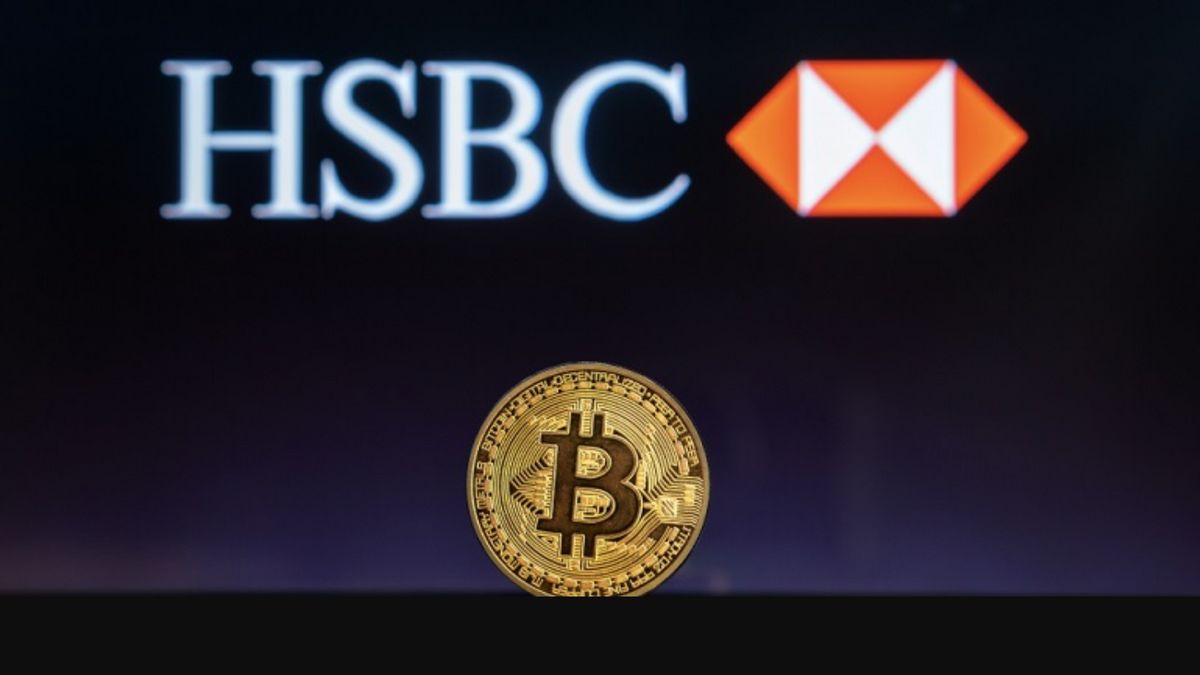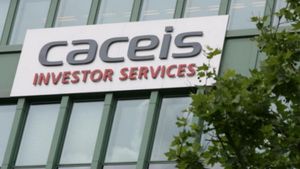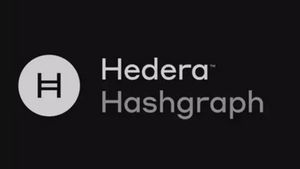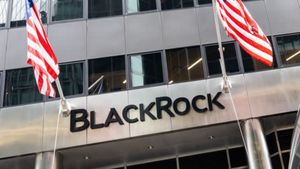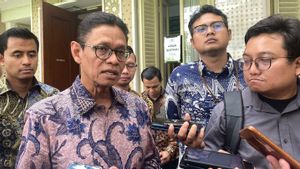JAKARTA - The latest news from the crypto world states that HSBC, Hong Kong's largest banking institution, is now allowing their customers to buy and sell Bitcoin Exchange-Trad (ETF) listed on the Hong Kong exchange.
Crypto ETF currently listed on the Hong Kong exchange includes CSOP Bitcoin Futures ETF, CSOP Ethereum Futures ETF, and Samsung Bitcoin Futures Active ETF.
This decision also makes HSBC the first bank in Hong Kong to allow its customers to invest in crypto-derived products. Well-known crypto journalist Colin Wu noted that "this move will expand local user exposure to cryptocurrencies in Hong Kong."
In his report, Colin Wu also added, "At the same time, HSBC launched a Virtual Asset Investor Education Center, where investors need to read and confirm educational materials and disclose risks before investing in any virtual asset product through the HSBC HK Easy Investment application, the HSB CHK Mobile Banking app, and online banking."
VOIR éGALEMENT:
For information, earlier this month, Hong Kong regulators encouraged banks to cooperate with local crypto companies. The Hong Kong Monetary Authority (HKMA) has also raised questions to major banks such as HSBC and Standard Chartered regarding their disapproval of serving crypto clients.
However, it seems that regulators have now succeeded in convincing these major banks to serve crypto customers. HKMA informed banks that they should conduct careful evaluations of crypto companies without providing excessive burden, especially for those wishing to explore opportunities in the region.
Although there has been no ban on cryptocurrencies, major Hong Kong banks remain hesitant in serving crypto clients because of concerns about potential legal consequences if clients engage in money laundering or other illegal activities through crypto platforms.
Banks in Hong Kong are facing complicated challenges. On the one hand, they get the urge to support cryptocurrencies and crypto exchanges, but on the other hand, they must continue to pay attention to the situation and regulations in the United States related to digital assets.
The English, Chinese, Japanese, Arabic, and French versions are automatically generated by the AI. So there may still be inaccuracies in translating, please always see Indonesian as our main language. (system supported by DigitalSiber.id)
